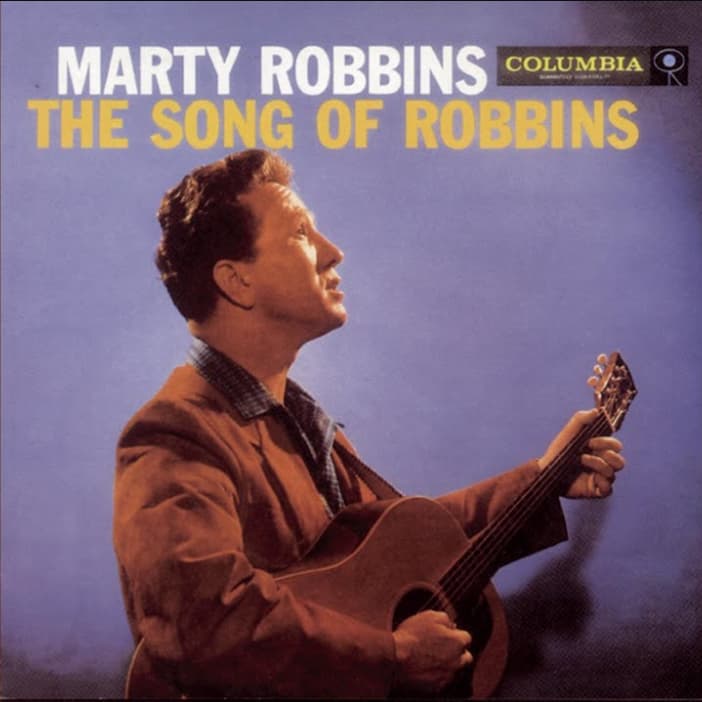
It’s a poignant reflection on the futility of regret and the acceptance of a love that’s been lost.
A Whisper from the Past: Marty Robbins and the Echo of Heartbreak
In the annals of country music, certain songs don’t just tell a story; they become a part of our own. They’re the worn-out vinyl records we pull out on a quiet evening, the familiar melodies that transport us back to a time when life seemed a little simpler, a little more raw. And few voices had the power to do this quite like Marty Robbins. A true gentleman of the genre, his command of a narrative and his ability to infuse every note with deep, personal emotion made him a legend. While many remember him for his epic sagas like “El Paso” or his smooth crossover hits, it’s in the quiet corners of his discography that some of his most profound work lies. One such gem, a song that feels like a forgotten conversation between old friends, is “It’s Too Late Now (To Worry Anymore).”
Released in 1957, a year bustling with the birth of rock and roll and the burgeoning of new sounds, “It’s Too Late Now (To Worry Anymore)” stood out with its timeless, traditional country sound. It was featured on his album “Marty Robbins” and, while not one of his massive crossover hits, it carved out a respectable place for itself on the charts. It peaked at No. 12 on the Billboard charts, a testament to its enduring appeal and the loyal fanbase that appreciated Robbins’s heartfelt delivery. This was a time when chart positions were a truer reflection of a song’s connection with its audience, not just a measure of its commercial viability.
The story behind the song is one that many of us can relate to—the slow, painful dissolution of a relationship. The lyrics, penned by Robbins himself, are a masterpiece of understated melancholy. They don’t scream or wail in despair; instead, they whisper a resigned truth. The song’s narrative is a conversation with a former lover who has returned, full of regret and apologies. But the narrator, having already moved through the stages of grief and healing, offers a gentle, almost weary, refusal. “It’s too late now to worry anymore,” he sings, a line that cuts straight to the heart of the matter. It’s a profound statement of acceptance, of understanding that some bridges, once burned, cannot be rebuilt. It’s about the quiet strength found in letting go, not because you’ve stopped caring, but because you’ve learned that holding on to the past only prevents you from moving forward.
For those of us who grew up with this music, the song evokes a powerful sense of nostalgia. It takes us back to a time when love and loss were explored with a sincerity and a simplicity that feels rare today. The aural landscape of the song, with its classic steel guitar and Robbins’s smooth, effortless vocals, is a warm blanket of sound that comforts even as it speaks of sorrow. It’s a reflection on the universal human experience of looking back at what was and realizing, with a mix of sadness and peace, that the door has been closed for good. “It’s Too Late Now (To Worry Anymore)” isn’t just a song; it’s a feeling, a memory, and a gentle reminder that sometimes, the only thing left to do is to let go and find solace in the quiet acceptance of what is.